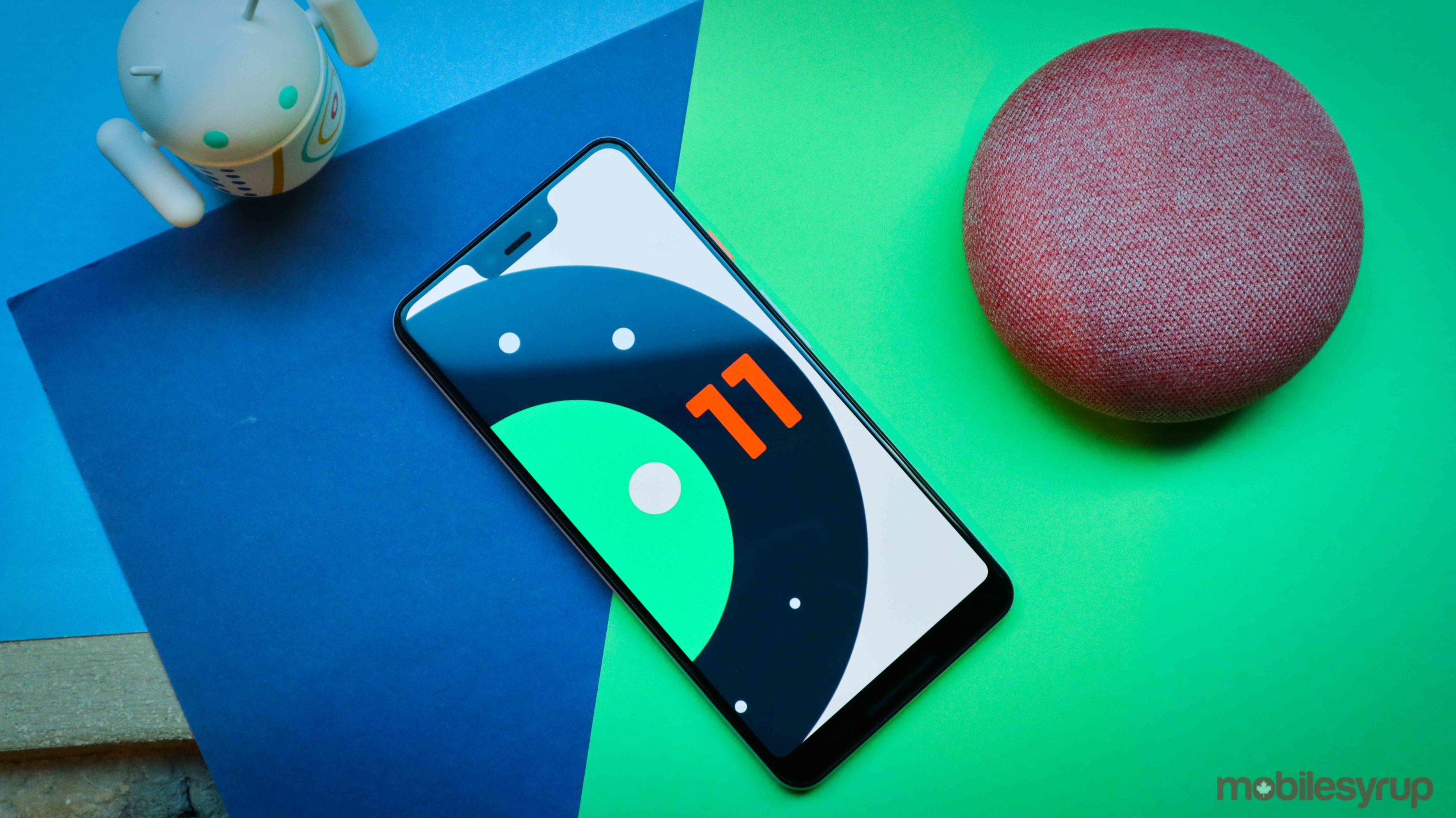
Android 11 will usher in a change to how apps access the camera. Google claims it’s a way to protect user data, but it could hurt third-party camera developers.
On August 17th, the Android engineering team explained in a bug post that Android 11 would force apps to take photos or video with a phone’s built-in camera app even if users set a third-party option as their default camera. At the time, the team said they believed it was the “right trade-off to protect the privacy and security of our users.”
Additionally, the team said that apps that use the camera would need to explicitly name all the third-party camera apps they want to support.
Google has now offered a reason for the change: stopping bad actors from harvesting location data.
At a basic level, the change isn’t drastic. Users will still be able to open a third-party camera app from the home screen and use it. Apps like Snapchat or TikTok with built-in cameras will still work. Google also confirmed users could double-tap the power button on Pixel phones (or use similar shortcuts offered by other manufacturers) to launch a camera app of their choice. Finally, apps can still launch the camera app that a user chooses, but they won’t be able to import photos or videos that way.
Instead, the change impacts Android apps that need to use the camera but don’t build in their own camera app. Those apps will now default to your phone’s built-in camera app and won’t let users choose which app to launch.
The change is all about protecting user data according to Google
Google says it went with this restriction to stop apps from gathering location data from the camera. When users take photos, phones often geotag them with GPS coordinates. A non-camera app could steal that data by piggybacking off a camera app, a workaround of sorts for apps that can’t or don’t have access to Android’s location permission.
The Verge notes that apps have been caught harvesting GPS coordinates from EXIF metadata attached to photo before, including Shutterfly back in 2019.
Unfortunately, some third-party camera app developers told The Verge the change could hurt them by further making third-party camera apps second-class citizens. Coupled with other growing restrictions, such as lack of access to secondary and tertiary phone cameras, have made third-party software less capable of replacing default camera apps.
Although Google says this is about protecting user data, The Verge suggests there could be other ways to protect EXIF metadata and photo geotags from bad actors. It also asks why Samsung, Google and other Android manufacturers should be trusted more than third-party devs. Finally, the publication hinted Google made the decision for other reasons, either security-related or because of potential new competition in the camera space.
Source: The Verge
MobileSyrup may earn a commission from purchases made via our links, which helps fund the journalism we provide free on our website. These links do not influence our editorial content. Support us here.


